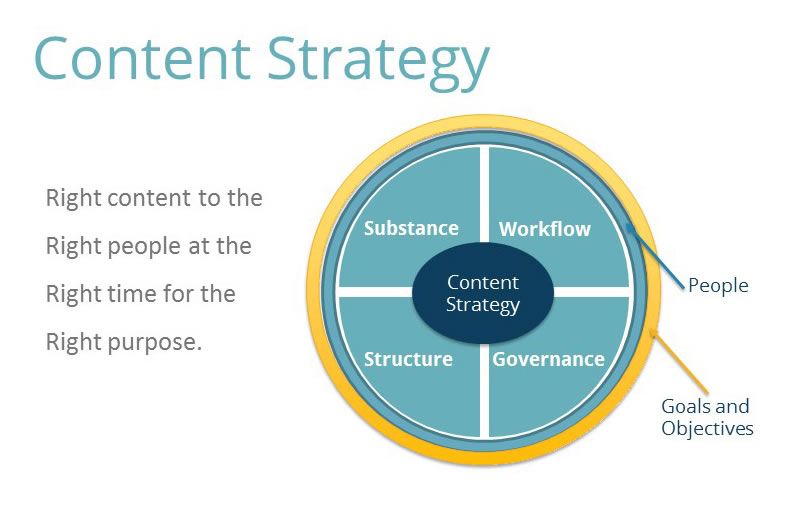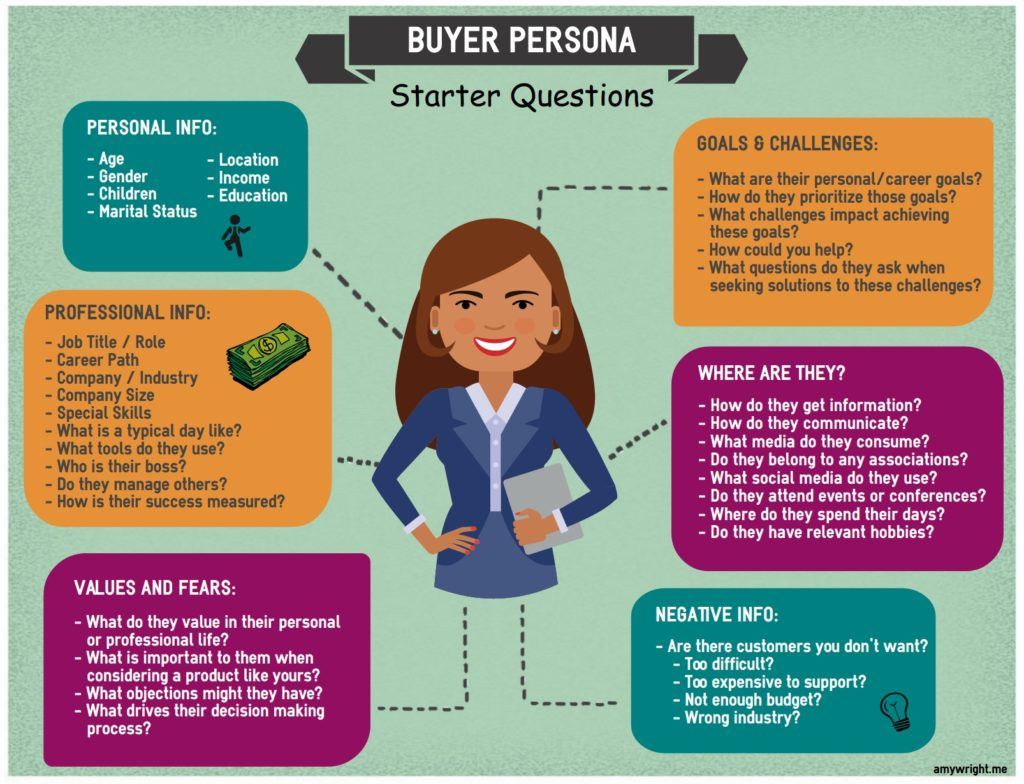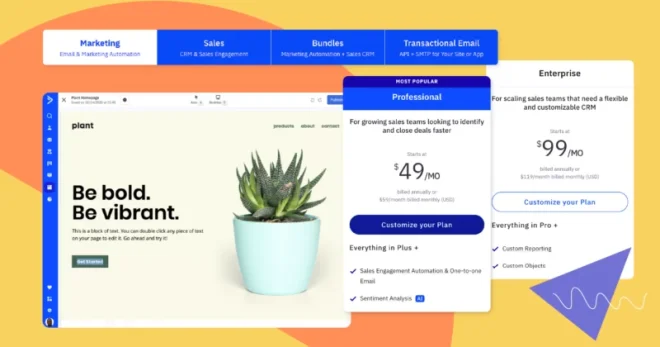Is your content relevant enough for your audience?
Content relevancy is one of the most important factors impacting the success (of failure) of your marketing efforts. Consumers are becoming more and more high-demanding, and they value the content quality more than ever. Like it or not, only well-planned and effective content has chances of being appreciated.

What is a content marketing strategy
In most simple words, a content marketing strategy is all about delivering meaningful content to the appropriate people at the right time for a specific purpose. And in an organised way. There are many content delivery methods that you may take advantage of to familiarize your target audience with both your brand and business.
The majority of B2C marketers are already aware of the power of elaborating a content strategy. Truth be told, an effective and well-planned content strategy helps you reach your target audience flawlessly, and also guides you through a predetermined marketing plan, which will impede you from deviating from the right path.
Why you need a content strategy
Improved content personalization
Personalization is one of the most significant aspects when it comes to winning customers. Although it’s always nice to present customers with products and services of high quality, nowadays customers demand businesses to treat them special, create content they can relate to, and tailor their offers accordingly to their needs and preferences.
The tendency to direct your marketing communication to specific niches or market segments is on the upward trend. And it is unlikely to change in the upcoming years. Instead of speaking to masses (meaning nobody), you need to impersonate your customers. And this is what leads us to the concept of persona.
Customer persona
One of the most prominent ways of differentiating specific groups in your target audience (which is frequently used in the lead qualification process as well) is to create customer personas.
A customer (buyer) persona is a semi-fictional representation of the key characteristics of a specific group of your audience. These characteristics must be based on the information you have gathered through the Web analysis, user research, or (ideally) having talks with your model customers.

In order to properly differentiate customer personas from your audience, you need to take into consideration a whole spectrum of features than a normal person has. Gathering demographic data and professional info is just the beginning, as every persona should face goals and challenges, values and fears, purchasing habits, or negative traits.
Creating customer personas allows you to target the appropriate audience, personalize your marketing campaigns, and deliver the right content to the right people.
Let’s now say you have a customer persona named Jerry. Jerry is a 60-year-old fellow who works as an accountant. He lives in the suburbs with his wife and a dog. He is preoccupied with his future financial stability, and wonders what to do after he retires, as his wife is a housewife. He is not truly into advanced technologies, but he uses emails to stay in touch with his college friends.
Being aware of the key traits of Jerry, you may notice that he appreciates values such as security and honesty, while he also cares about his close ones. With Jerry, you would like to prove that your business is consistent and takes care of integrity. You could also try to create relationship with him using emails, and personalize your offer by highlighting features helping to manage household savings and to secure his future.
In order to reach Jerry with the right content in the most optimized way, you need to know which distribution channels to use, and what features of your solution you should focus on to personalize your marketing messages.
So, creating a few personas who represent your target audience groups allows you to improve your content relevance and quality. Instead of speaking to masses, you address specified people, and this will facilitate the process of creating content and choosing:
- the best distribution channels (Facebook, LinkedIn, TikTok);
- the publishing time (when your audience is online);
- the content type (short videos or longish articles).
What are the benefits of content strategy
Improved systematicity and self-organization
Other essential aspects of a well-prepared content strategy are systematicity and consistency.
Once you plan beforehand which topics you want to cover, and what type of content will be the most relevant and meaningful to your target audience, it is going to be easier for you to stick to the plan and create new content on a regular basis.
Luckily, there is a plethora of planning tasks software free of charge (like Trello, Mindmup or Planoly – you can find them all in this list of the best free content marketing tools). You can also make use of WordPress landing pages and share your content on them.
Improved effectiveness of your content marketing
Once you stick to a given content strategy, you can self-organise your work in a more effective way, and easily check the impact of your actions on your overall digital marketing efforts.
There is one thing certain. Although it’s wise to test different approaches, you should stick to one strategy at a time. If you adopt it, you need to follow it for a significant amount of time to get insights about the effectiveness of your actions.
It is not recommended to change the strategy on every whim in a spontaneous and disordered way. You’ll end up in a chaos and, even more importantly, you won’t get any data about the effectiveness and appropriateness of your content marketing actions.
Improved overall marketing strategy
Content strategy is obviously just an area of your whole digital marketing strategy. Content is an integral element to every single marketing campaign.
Once you are sure what the best content for your audience is and how to deliver it to them, you can bring together all your marketing actions to improve the consistency and integrity of your promotional messages. Content strategy improves the quality of all the work done, and makes it easier for you to self organize.
All in all, creating a content marketing strategy impacts the overall of your marketing actions. Once you gather appropriate data about your target audience and differentiate specific customer personas, you can adopt the most effective approach – the one that will increase the value of the content you create for your customers.






